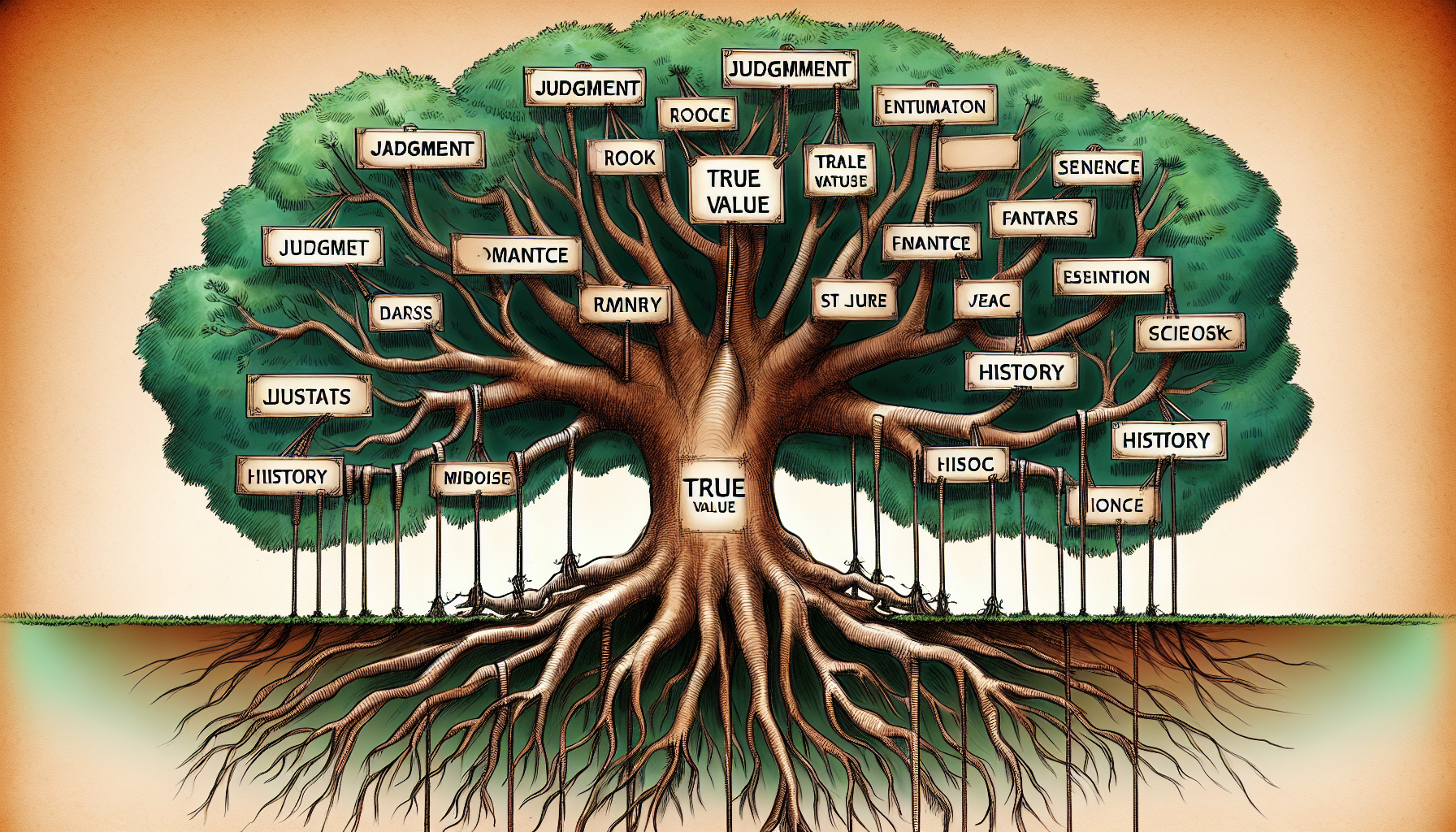Beyond the Paycheck: The Hidden Benefits of Being a Medical Lab Technician

One of the most appealing aspects of a career in medical laboratory technology is the job stability it offers. The Bureau of Labor Statistics (BLS) projects that employment for medical and clinical laboratory technologists and technicians will grow by 11% from 2020 to 2030—much faster than the average for all occupations. This growth is primarily driven by an aging population and an increasing demand for diagnostic tests. Real-life stories from MLTs underscore this stability. For instance, Jane, a medical lab technician with over a decade of experience, recalls how her job security allowed her to plan for her family’s future. “I never worried about being laid off; my skills were always in demand,” she shares. Such stability not only alleviates financial stress but also allows technicians to focus on their professional growth and personal fulfillment. The assurance of continuous employment can be a significant motivator, especially in uncertain economic times.
Opportunities for Advancement: A Clear Career Path
The medical lab technology field offers numerous opportunities for advancement, making it an attractive career choice for those willing to continue their education and expand their skill set. Many hospitals and laboratories encourage MLTs to pursue further certifications or degrees, which can lead to higher-paying positions, such as laboratory managers or specialized technologists. For example, Tom, a MLT who transitioned to a laboratory manager, speaks about his journey: “I started as a technician, but with additional certifications and training, I was able to advance my career significantly. Now, I not only earn a higher salary, but I also have a greater impact on my team and the quality of care we provide.” The potential for growth within this field fuels job satisfaction and motivates technicians to strive for excellence. The opportunity to engage in ongoing learning and professional development not only enhances personal skills but also elevates the standard of care provided to patients.
Work-Life Balance: The Unsung Hero of Job Satisfaction
In an era where work-life balance is increasingly prioritized, medical lab technicians often enjoy a more favorable lifestyle compared to their clinical counterparts. Many MLTs work traditional weekday shifts, allowing for evenings and weekends off. This schedule can be particularly appealing for those with families or other commitments outside of work. Sarah, a mother of two and a medical lab technician, shares how her job allows her to maintain a healthy work-life balance. “I can be there for my kids during important moments, like school events or family dinners, without the stress of unpredictable hours,” she explains. The ability to manage both professional and personal responsibilities enhances job satisfaction and overall well-being. This flexibility is invaluable in a world where work demands often encroach on personal life, making the role of an MLT not only fulfilling professionally but also personally.
While salary is undoubtedly an important factor in any career decision, it is essential to consider the comprehensive benefits that come with being a medical lab technician. From job stability and opportunities for advancement to a commendable work-life balance, the advantages of this career path extend far beyond the paycheck. By understanding these hidden benefits, aspiring medical lab technicians can make informed decisions about their futures and appreciate the significant contributions they make to the healthcare system. Ultimately, a career in medical laboratory technology is not just about financial gain; it's about finding fulfillment, stability, and growth in a field that is both rewarding and vital to patient care.
Clinical Laboratory Scientist (CLS)
Hospitals, diagnostic laboratories, and research institutions.
Core Responsibilities
Perform complex laboratory tests and analyses on patient samples to assist in diagnosis and treatment.
Interpret test results and ensure accuracy and reliability of laboratory data.
Collaborate with healthcare providers to discuss findings and recommend follow-up testing.
Required Skills
Strong understanding of laboratory equipment and procedures, including molecular diagnostics.
Problem-solving skills to troubleshoot issues with tests or equipment.
Certification as a Clinical Laboratory Scientist (e.g., ASCP, AMT) is often required.
Histotechnologist
Pathology laboratories, hospitals, and research facilities.
Core Responsibilities
Prepare tissue samples for microscopic examination by embedding, sectioning, and staining.
Ensure quality control by maintaining accurate records of procedures and results.
Assist pathologists in diagnosing diseases based on tissue analysis.
Required Skills
Proficiency in histological techniques and knowledge of laboratory safety protocols.
Attention to detail and strong organizational skills to manage multiple samples.
A bachelor’s degree in histotechnology or related field and certification (e.g., HTL by ASCP).
Medical Laboratory Manager
Large healthcare systems, hospitals, and diagnostic laboratories.
Core Responsibilities
Oversee daily operations of laboratory services, ensuring compliance with regulations and standards.
Manage laboratory staff, including hiring, training, and performance evaluations.
Develop and implement policies and procedures to improve laboratory efficiency and quality.
Required Skills
Leadership and managerial skills, with experience in budget management and strategic planning.
Strong communication and interpersonal skills to collaborate with other departments.
Advanced degrees (e.g., Master’s in Healthcare Administration) and relevant certifications are often preferred.
Blood Bank Technologist
Blood banks, hospitals, and transfusion services.
Core Responsibilities
Analyze blood samples for compatibility and ensure safe blood transfusion practices.
Maintain blood inventory and coordinate with medical staff for blood product requests.
Conduct quality control tests on blood products and equipment.
Required Skills
In-depth knowledge of immunohematology and blood banking procedures.
Ability to work under pressure and make quick decisions in critical situations.
Certification as a Blood Bank Technologist (e.g., BB by ASCP) required.
Molecular Laboratory Technician
Research laboratories, hospitals, and specialized diagnostic centers.
Core Responsibilities
Conduct molecular tests to detect genetic disorders, infectious diseases, and cancer markers.
Prepare and analyze samples using techniques like PCR and sequencing.
Maintain laboratory equipment and ensure adherence to quality control protocols.
Required Skills
Strong background in molecular biology and genetics.
Familiarity with bioinformatics tools and laboratory information systems.
Relevant certifications (e.g., ASCP or AAB) are often required.


